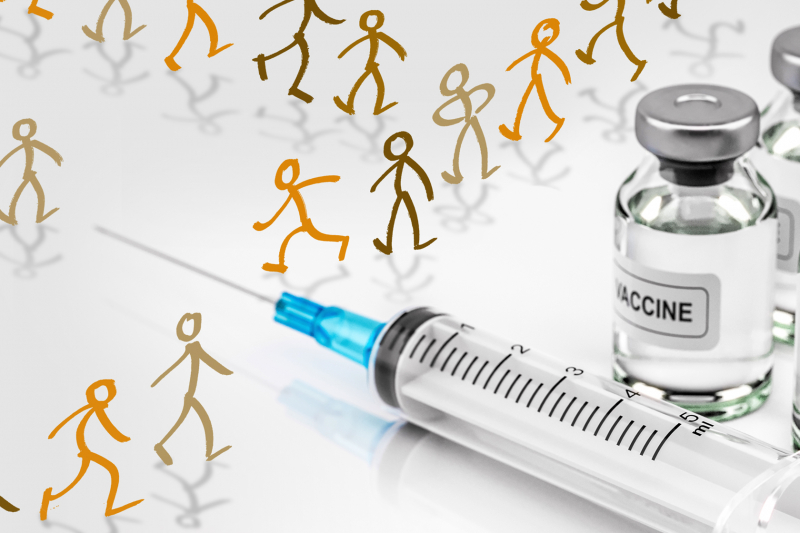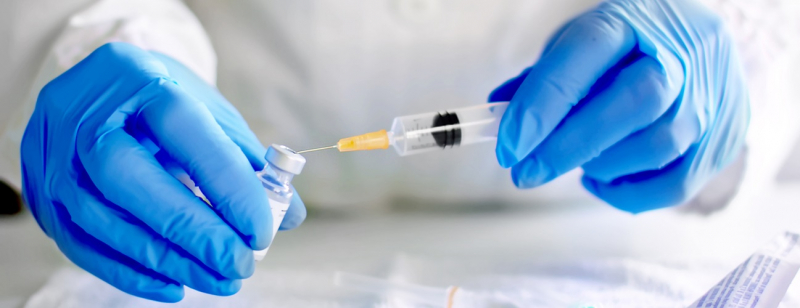Vaccinations and tests
Syria, unlike several other countries, does not need immunizations against diseases since the country adheres to religious hygiene standards. If you plan on staying in Syria for an extended period of time, you must take an HIV test, which may be done at a public hospital. Because the Syrian dry environment and heat are not suited for persons with cardiovascular difficulties, travelers with weaker health should visit during a more temperate time of year.
COVID-19 cases have been confirmed by Syrian authorities. Because of the ongoing violence, access to hospitals may be restricted. Syria's healthcare system has deteriorated. If you are critically ill or injured, you will require medical evacuation. This could be quite difficult to organize. Medication is in scarce supply. If you go to Syria against our warning, make sure you have extra medication. Polio cases have been documented. If you stay for more than four weeks, you must produce confirmation of having received the polio vaccine or a booster within the previous 12 months.
Insect-borne diseases such as leishmaniasis are widespread. Malaria is present in the northern border region, specifically in Al Hasakah Province. Make sure your lodging is insect-proof. Apply insect repellant. Take anti-malarial medicine if necessary.














